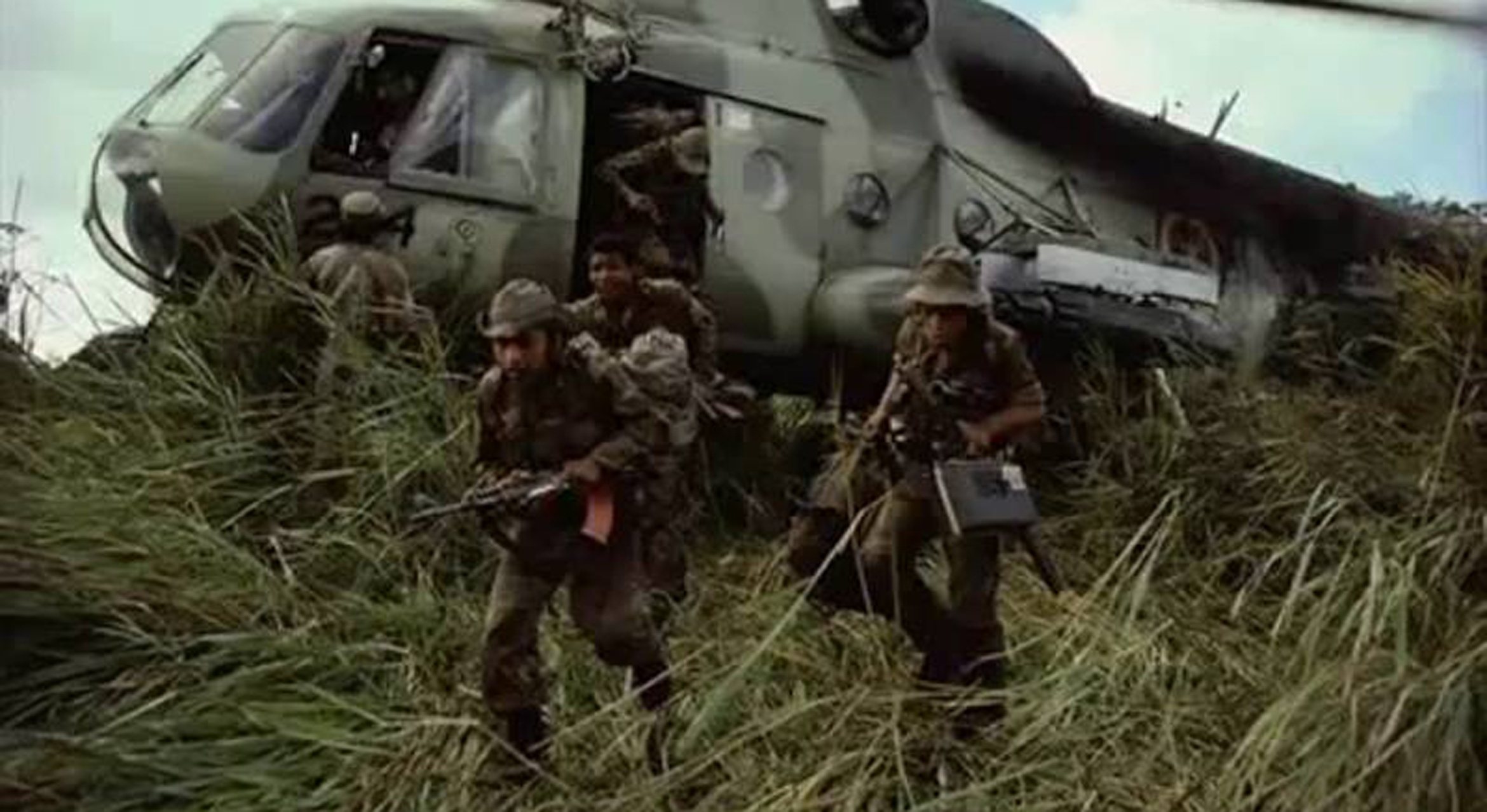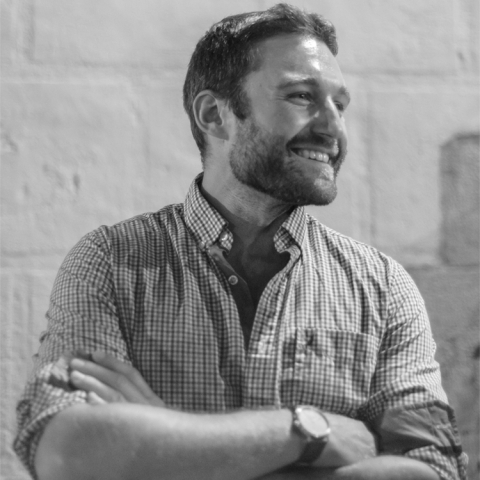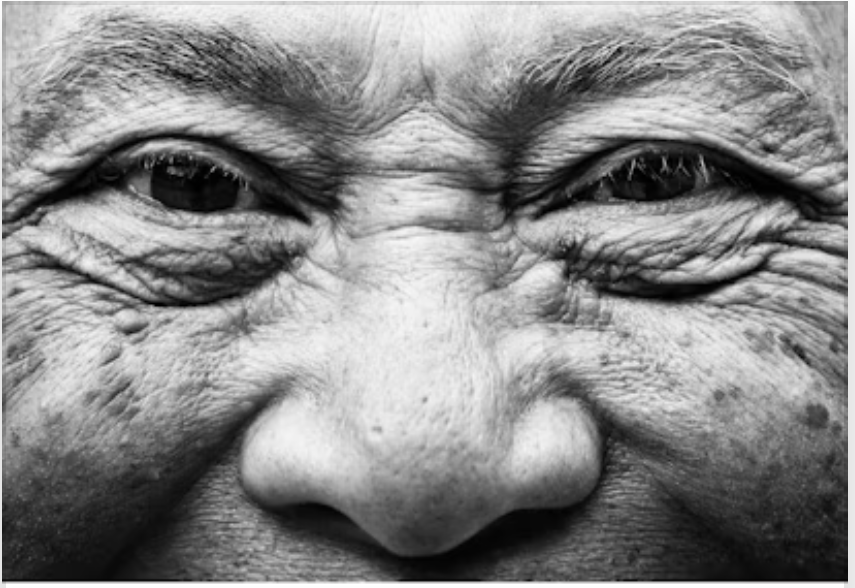
Study of Nicaragua’s Sandinistas argues for multilevel analysis of civil war violence
While researchers often seek one overarching explanation for patterns of violence in civil wars, understanding violence against civilians across space and over time requires multiple levels of analysis and an acceptance that one theory may explain violence at one level but not at another, argues Kai Thaler, an assistant professor of global studies at UC Santa Barbara.
Thaler’s new study on human rights violations in Nicaragua during the 1980s, published in the Journal of Global Security Studies, applies this to the case of the Frente Sandinista de Liberación Nacional (FSLN) in Nicaragua, whose members are referred to as Sandinistas. FSLN forces fought first as rebels in the 1960s and 1970s, and then, as the government, fought a new civil war in the 1980s.
“I argue that overall and in comparative perspective, the FSLN were relatively restrained by an ideology, Sandinismo, that led them to focus on protecting civilians, in contrast to the dictatorship they fought to replace,” Thaler said. “Yet to understand the violence they perpetrated, we need to turn to theories of territorial contestation and breakdowns of command-and-control in more remote areas.”
For students and scholars of political violence and civil wars, one of the main lessons is not to expect to understand all of the dynamics in a conflict from one explanation. “It may apply at one level of analysis, but it doesn’t necessarily scale up or down,” Thaler explained. “If you’re trying to really understand the micro-level context of events that were happening, then a theory that might apply at the macro-level isn’t always the best one or the most applicable one.”
Drawing on archival and interview research from Nicaragua and data from international and domestic human rights reports, Thaler also emphasizes that it is important to analyze violence committed by more restrained groups, since they too cause permanent effects on victims and their families and communities.
“How can we analyze violence against civilians in civil wars over time and with attention both to local context and international comparability?” Thaler asked before arguing for integrating theories across levels of analysis, applying this to testing existing theories of civil war violence and state repression in the case of the FSLN in Nicaragua. Thaler observed that “compared to domestic rivals and from an international perspective, the FSLN generally exhibited restraint, limiting violence against civilians due to an ideological commitment to discipline and civilian protection.”
However, by disaggregating the geographic and temporal contexts of violations at the subnational level, Thaler found that significant violence occurred where the FSLN had less territorial control, fewer civilian ties and looser discipline, supporting contestation and command and control theories. “Theories of violence may therefore explain variation at one level of analysis and not others within a given case, emphasizing the need for within-case disaggregation in explaining and comparing patterns of violence and state repression in civil wars, and the importance of unpacking violence committed by more restrained actors,” he stated.
Additionally, Thaler’s study addresses the continued need for a truth commission in Nicaragua for violence during the 1980s. “An amnesty agreement that helped end the civil war in 1990 has, in the long term, prevented accountability and negatively affected democracy,” he said.
Having worked in general on civil conflict and political violence, especially in Latin America and Africa, Thaler noticed that while there had been a lot of research on civil war violence in other Central American countries, there had been less on Nicaragua, in part because the available data wasn’t as good as for other countries.
“There’s never been a truth commission there,” he said. “But I thought it was still worth reassessing patterns of violence with the current state of knowledge with more information that has emerged since the 1990s, and also because civil war era politics are very much relevant still in Nicaragua and informing political conflict there today.”
Often groups that commit more violence in civil conflicts are the most studied, he added, but the research points to why it is also important to dig into the behavior and patterns of groups whose violence was more restrained overall “because even restrained groups are still committing violence against civilians.”
Focused on conflict and violence from the local to the global level. Thaler has studied issues ranging from violence against civilians in civil wars and post-conflict politics in Africa and Latin America, to violent crime in South Africa, to genocide and mass killing in Southeast Asia. His forthcoming book “When Rebels Win: Ideology, Statebuilding, and Power after Rebel Victor in Civil Wars,” examines how the ideals and goals around which rebel groups are organized affect the statebuilding and service provision policies and practices they pursue if they gain control of an internationally-recognized state.




